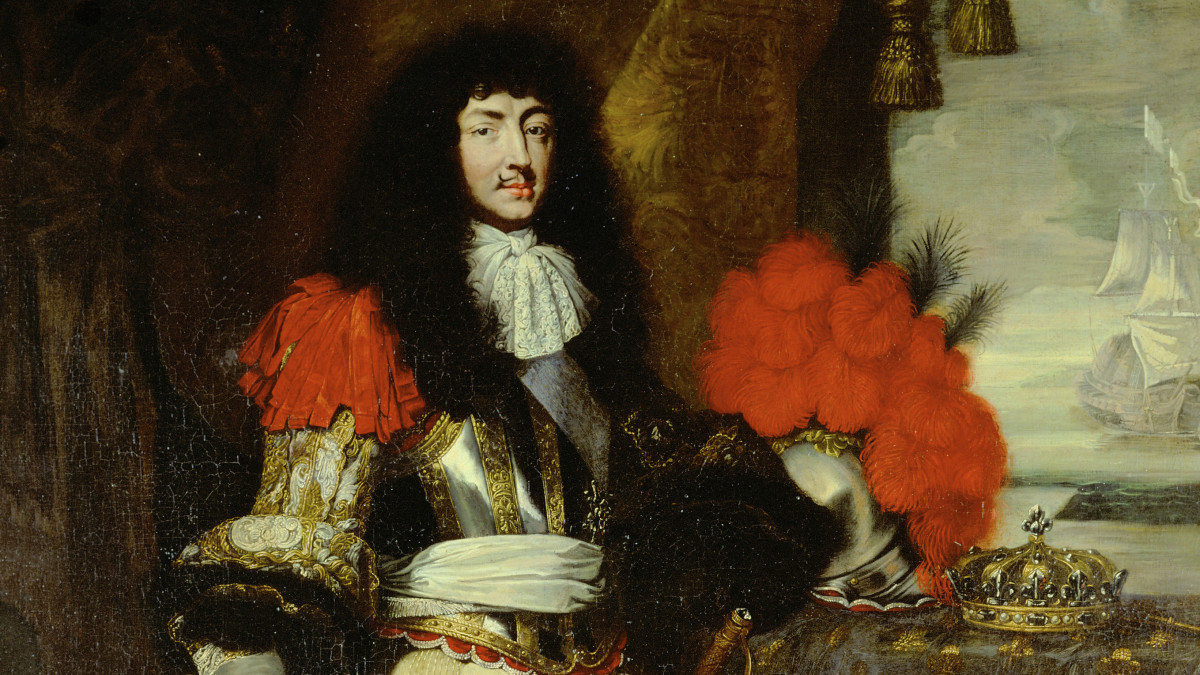Louis was fortunate in securing the assistance of the remarkably talented duc de Richelieu (1585-1642), who was an efficient administrator as bishop of the remote diocese of Autun. Tiring of provincial life, Richelieu moved to Paris and showed unscrupulous skill in political maneuvering during the confused days of the regency.
He emerged as the conciliator between the king and his mother and was rewarded, first, by being made a cardinal and then, in 1624, with selection by Louis as his chief minister. While the king maintained a lively interest in affairs of state, Richelieu was the virtual ruler of France for the next eighteen years. He proved to be a good Machiavellian, subordinating religion and every other consideration to raison d’etat (reason of state)—a phrase that he may have coined himself.
Richelieu had four goals for the France of Louis XIII: to eliminate the Huguenots as an effective political force; to remind the nobles that they were subordinate to the king; to make all of France conscious of a sense of national greatness; and, through these measures, to make the monarchy truly rather than only theoretically absolute. Raison d’etat made the ruin of the Huguenots the first priority, for the political privileges they had received by the Edict of Nantes made them a major obstacle to the creation of a centralized state.
The hundred fortified towns they governed, chiefly in the southwest, were a state within the state, a hundred centers of potential rebellion. Alarmed, the Huguenots rebelled. The fall of La Rochelle, their chief stronghold, in 1628 and Richelieu’s unexpectedly humane approach—by which the political and military clauses of the Edict of Nantes were revoked while partial religious toleration continued—helped Richelieu neutralize the Huguenots.
The siege of La Rochelle was prolonged because France had no navy worthy of the name. Over the next ten years Richelieu created a fleet of warships for the Atlantic and a squadron of galleys manned by European slaves for the Mediterranean. Meanwhile, he guided France expertly through the Thirty Years’ War, committing French resources only when concrete gains seemed possible and ensuring favorable publicity by supplying exaggerated accounts of French victories to the Gazette de France.
Next Richelieu tried to humble the nobles, with only partial success, by ordering the destruction of some of their fortresses and forbidding private duels. More effective was his transfer of supervision of local administration from the nobles and officeholders of doubtful loyalty who had purchased their posts to more reliable royal officials called intendants. These officials had existed earlier but had performed only minor functions; now they were given greatly increased powers over justice, the police, and taxation.
Richelieu made possible la grande nation of Louis XIV by building an efficient, centralized state. But in a sense he built too well, making the French government so centralized, so professionally bureaucratic, that it became too inflexible for the give and take of politics. Moreover, Richelieu did little to remedy the chronic fiscal weakness of the government, particularly the corruption in tax collection and the recurrent deficits.
His concentration on raison del-at led him to take a callous view of the subjects on whose loyal performance of their duties the strength of the state depended. He believed that the masses were best kept docile through hard work, that leisure led to mischief, and that the common people ought to take pride in the splendors of the monarchy, in the accomplishments of French literary culture, and in victories over the monarch’s enemies. Individual hardship, especially among the lower classes, was to be accepted in the interests of national glory. Such acceptance is a common ingredient of nationalism.

